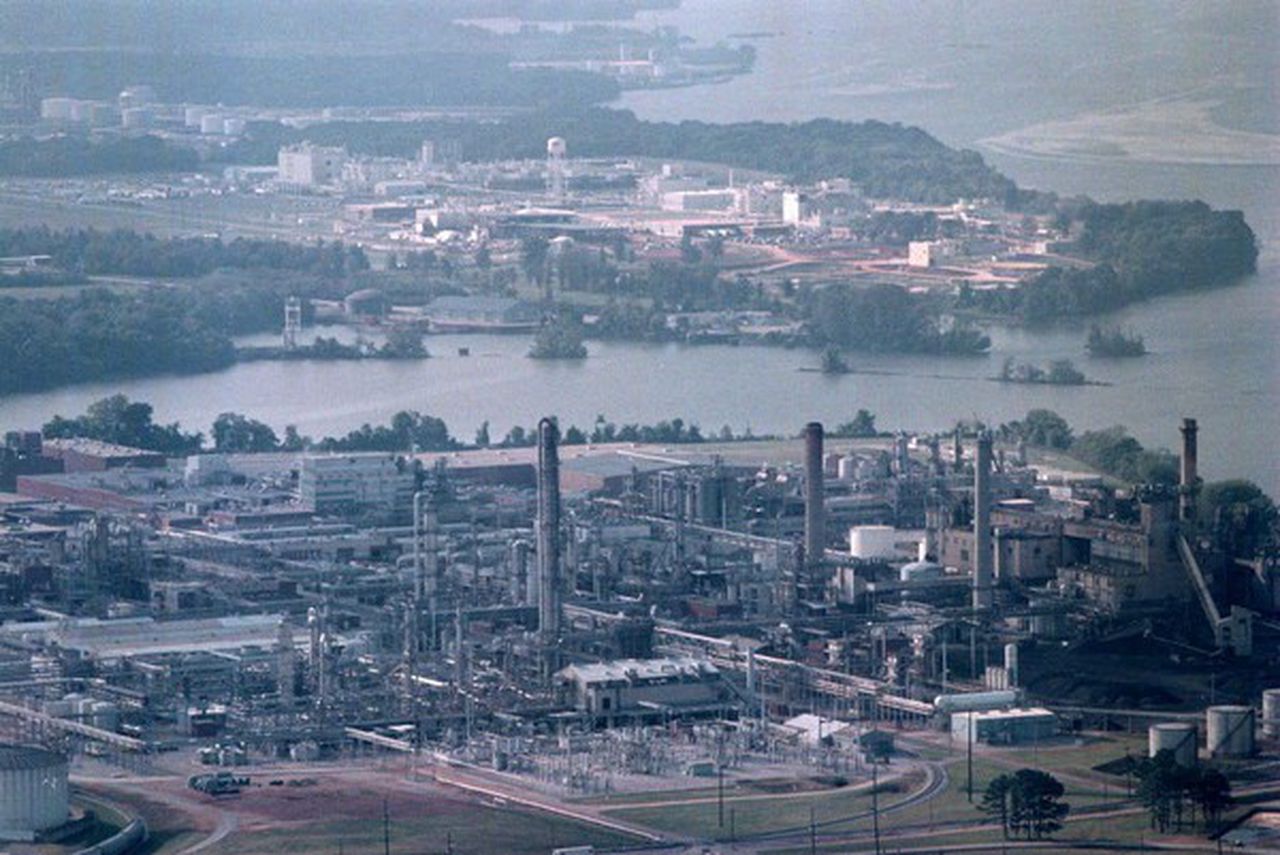Alabama environmental groups sue EPA over ‘outdated’ water pollution rules
A coalition of 13 environmental groups, including two from Alabama, this week filed a lawsuit against the U.S. Environmental Protection Agency over rules for water pollution coming from heavy industries like oil refineries and chemical manufacturing plants.
The groups argue that the EPA’s water pollution limits for these industries are decades out of date and don’t do enough to protect rivers and streams as required by the Clean Water Act.
The Clean Water Act also requires that pollution controls be kept up to date, but the groups argue that the rules for these industries have not been updated since the 1980s in some cases, even though newer pollution control technology is now available.
“It is a shame EPA has allowed industrial polluters such as chemical plants and oil refineries to escape accountability under the Clean Water Act by operating for decades without proper pollution controls in place,” said Nelson Brooke, Black Warrior Riverkeeper, in a news release. “It is imperative EPA swiftly right these wrongs by requiring modern pollution controls for industrial facilities in order to protect rivers and all the people and critters who depend on them to be clean and safe.”
Black Warrior Riverkeeper and Tennessee Riverkeeper are the Alabama-based groups participating in the lawsuit.
In addition to the rules for oil refineries and chemical plants, the lawsuit also targets EPA rules for industrial plants that make plastics, fertilizers, pesticides and nonferrous metals.
Two Alabama chemical factories are cited in the lawsuit: Ascend Performance Materials Operations LLC and Indorama Ventures Xylenes and PTA (IVXP) LLC, both located in Decatur on the Tennessee River.
Tennessee Riverkeeper founder David Whiteside said without updated rules, Ascend Performance could discharge contaminated but untreated stormwater into the river, potentially harming water quality, aquatic life and recreation on the river. He said IVXP plant’s permit currently has no limits on chromium, cobalt, manganese, nickel, ammonia, and nitrate and that the company discharges thousands of pounds of some of these substances into the river each year.
“The Clean Water Act requires factories to use the best available methods to treat their pollution, but the government has failed to enforce this provision,” Whiteside said. “Our lawsuit seeks to reduce a vast array of toxins in our environment from numerous industries by requiring polluters to finally use modern technology and obey the law,”
The lawsuit was filed Tuesday in the U.S. Court of Appeals for the Ninth Circuit in San Francisco. The Alabama environmental groups are suing along with the Environmental Integrity Project, the Center for Biological Diversity, Clean Water Action, Waterkeeper Alliance, Food & Water Watch, Environment America, Bayou City Waterkeeper, Healthy Gulf, San Antonio Bay Estuarine Waterkeeper, San Francisco Baykeeper and the Surfrider Foundation.
“It’s completely unacceptable that EPA has, for decades, ignored the law and failed to require modern wastewater pollution controls for oil refineries and petrochemical and plastics plants,” Jen Duggan, deputy director of the Environmental Integrity Project, said in a news release. “We expect EPA to do its job and protect America’s waterways and public health as required by the Clean Water Act.”
